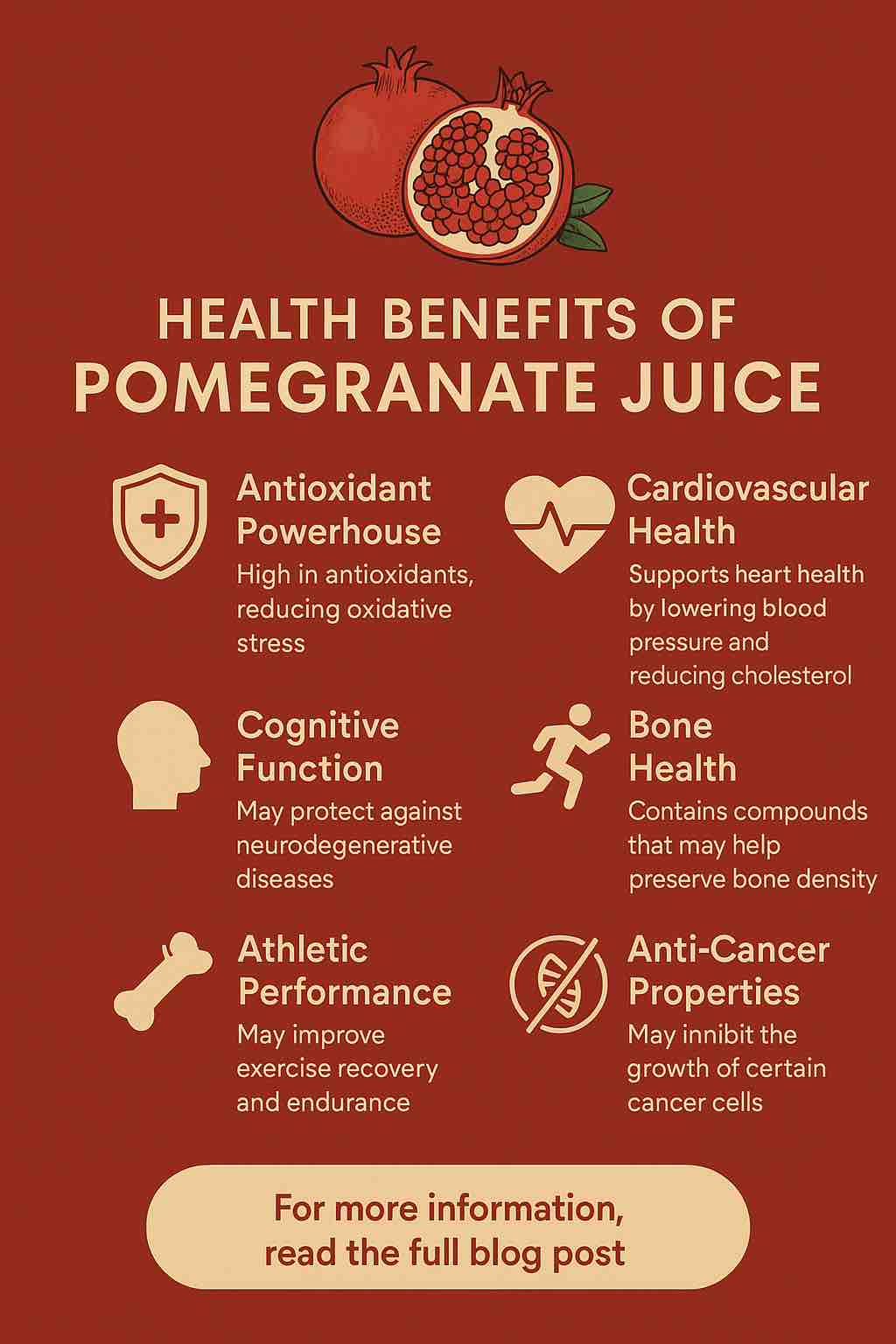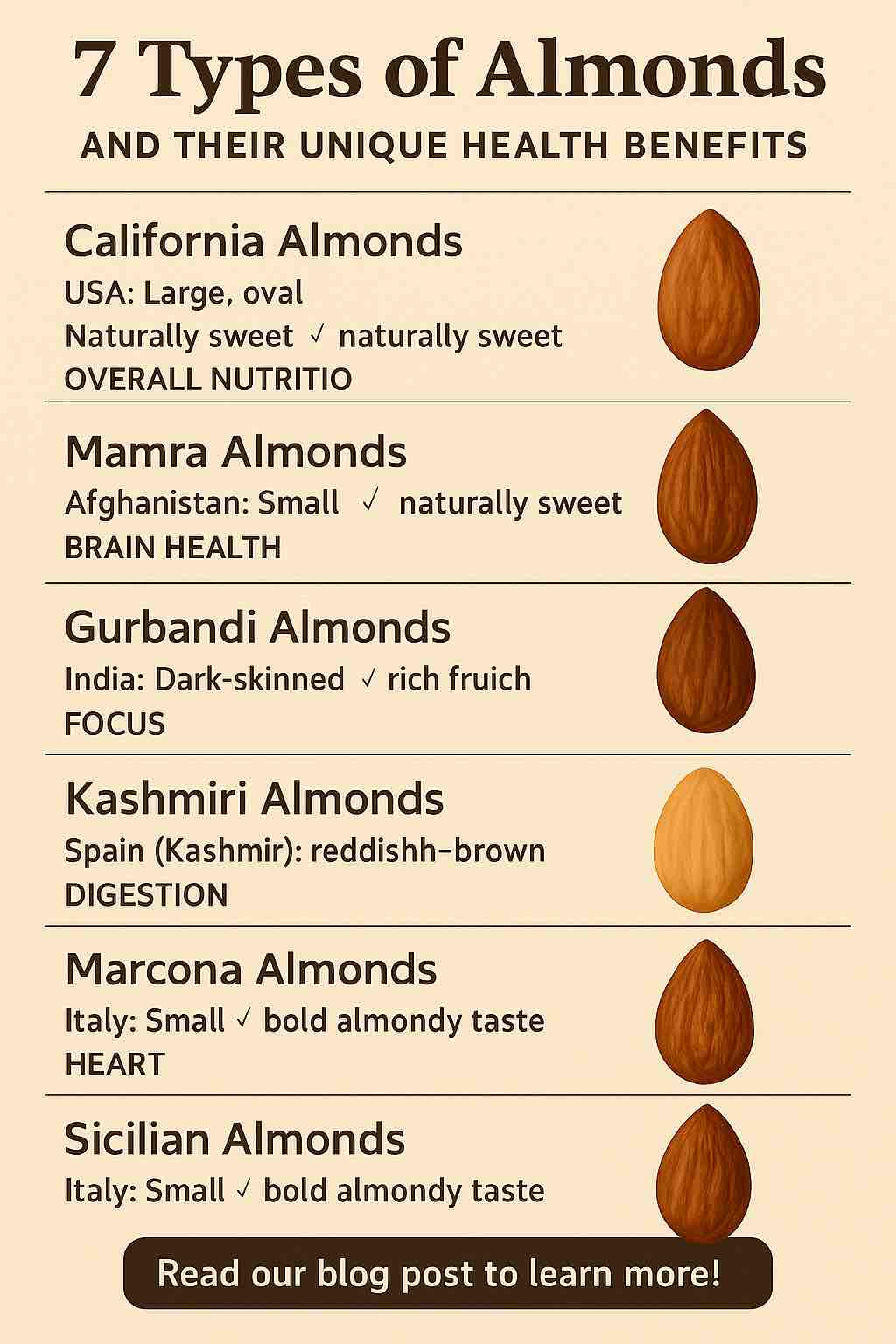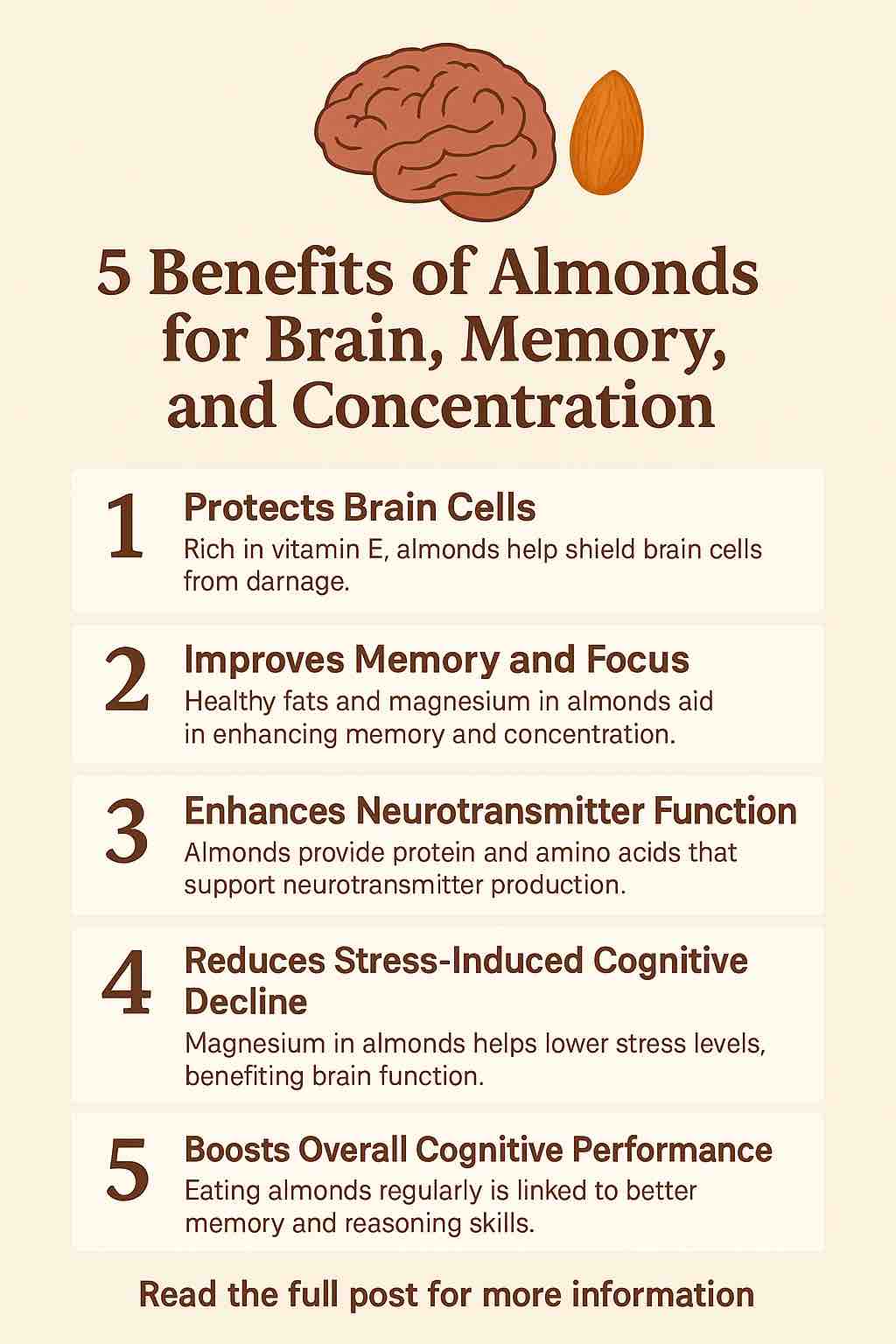
When the post-lunch slump hits and your mind starts to fog, most of us reach for coffee or energy drinks to push through the rest of the day. But what if there were a more natural, calming yet revitalizing alternative that doesn’t come with the caffeine crash? Enter the Cinnamon & Clove Spiced Iced Tea—an ancient combination reimagined for the modern afternoon pick-me-up.
This aromatic, spiced herbal infusion isn’t just a flavorful refreshment. Backed by traditional wisdom and modern scientific research, cinnamon and clove are a dynamic duo that offer a range of health benefits. Let’s dive into the five science-supported reasons why this tea might just become your new go-to afternoon tonic.
1. Natural Energy Boost Without the Jitters
Unlike caffeine-based drinks that give you a quick spike followed by a crash, cinnamon and clove work at a more subtle, metabolic level.
Cinnamon helps regulate blood sugar levels, preventing the post-lunch crash and keeping your energy stable throughout the afternoon. In fact, research has shown that cinnamon may improve glucose metabolism and increase insulin sensitivity.
Clove, on the other hand, may enhance circulation and oxygen flow to the brain due to its high eugenol content, leading to a gentle feeling of revitalization. It doesn’t overstimulate your nervous system but supports your body in finding a natural rhythm.
Together, they provide a calm yet effective lift in energy, minus the jitters and sleep disruptions.
2. Anti-Inflammatory Allies
Chronic low-grade inflammation is increasingly recognized as a culprit behind fatigue, brain fog, and a host of chronic illnesses. Fortunately, cinnamon and clove are packed with powerful anti-inflammatory compounds.
A study published in BMC Complementary Medicine and Therapies highlighted that both cinnamon (particularly cinnamaldehyde) and clove (rich in eugenol) significantly reduce markers of inflammation like COX-2 and nitric oxide.
This makes them excellent companions for soothing the body in the middle of a hectic day, helping you feel more centered and less weighed down by stress or inflammation.
3. Digestive Support to Avoid the “Food Coma”
Post-lunch drowsiness often results from poor digestion or blood sugar dips. Fortunately, this spiced iced tea has natural digestive benefits.
Cinnamon is known to reduce bloating and enhance gastric emptying, while clove acts as a carminative—reducing gas and soothing the digestive tract. The antimicrobial properties of both spices also help maintain a healthy gut microbiome.
By sipping this tea after lunch, you may ease digestive discomfort and avoid that sluggish, heavy feeling that tempts you to nap at your desk.
4. Brain Health and Mental Clarity
Need a brain boost to tackle your afternoon workload? Emerging research suggests that cinnamon and clove can enhance mental clarity and even offer neuroprotective effects.
A 2023 systematic review from PubMed found that cinnamon compounds improved cognitive functions, memory, and attention in both human and animal models. Clove, too, has shown neuroprotective benefits by reducing oxidative stress and inflammation in the brain.
Even the aroma of cinnamon has been shown to enhance alertness and improve task performance. Imagine combining both in a chilled, spiced tea that keeps your mind sharp and your focus steady.
5. Immunity and Antioxidant Boost
Afternoon energy dips often coincide with minor immune system lulls due to our natural circadian rhythms. The good news? Cinnamon and clove come armed with immune-boosting antioxidants.
Clove extract has demonstrated antimicrobial activity against common pathogens like E. coli and K. pneumoniae. Cinnamon ranks among the top antioxidant-rich spices, packed with polyphenols that help combat oxidative stress.
These protective effects not only boost immunity but also support long-term wellness when consumed regularly.
How to Brew Cinnamon & Clove Spiced Iced Tea
Creating this revitalizing tea is simple and rewarding:
Ingredients:
- 1 cinnamon stick
- 3–4 whole cloves
- 2 cups water
- Optional: black tea, rooibos, lemon, or a dash of raw honey (added after cooling)
Instructions:
- Bring the water to a boil.
- Add the cinnamon stick and cloves. Simmer for 10 minutes.
- Strain and let cool to room temperature.
- Pour over ice and enjoy!
This tea can be stored in the refrigerator for up to 3 days, making it a convenient grab-and-go option.
Final Thoughts
In a world of overstimulation and synthetic solutions, the humble blend of cinnamon and clove offers a grounded, nourishing alternative. Whether you’re powering through emails or planning your next big project, this iced tea brings clarity, calm, and vitality in every sip.
Why not make your afternoons a little more flavorful and a lot more functional?
Try it, and let your senses (and science) be your guide.
FAQs
1. Can I drink cinnamon and clove iced tea every day?
Yes, moderate daily consumption (1–2 cups) is generally safe and beneficial for most people. However, individuals on medication for diabetes or blood thinning should consult a doctor due to potential interactions.
2. Does this tea contain caffeine?
Not inherently. The base recipe is caffeine-free. However, if you choose to add black tea or green tea to the brew, it will introduce a mild caffeine content.
3. Can cinnamon and clove help with weight loss?
While not a magic solution, both spices may support weight loss indirectly by stabilizing blood sugar, improving digestion, and enhancing metabolism.
4. Is this tea safe during pregnancy?
In small culinary amounts, cinnamon and clove are usually safe. However, high doses or concentrated extracts should be avoided during pregnancy. Always consult a healthcare provider first.
5. How long can I store the brewed tea?
You can store it in the refrigerator for up to 3 days in an airtight container. For best flavor and potency, consume within 48 hours.
6. What kind of cinnamon should I use?
Ceylon cinnamon (“true cinnamon”) is preferred over cassia for regular use, as it contains lower levels of coumarin, which can be harmful in large amounts.
7. Can I sweeten this tea?
Yes. Add natural sweeteners like raw honey (after cooling), stevia, or a touch of maple syrup. Avoid adding sugar while it’s hot to preserve its antioxidant benefits.
8. Does clove have any side effects?
Excessive consumption of clove can lead to gastrointestinal discomfort or interact with blood-thinning medication. In tea form, the dose is low and generally safe.
9. Can I drink it hot instead of iced?
Absolutely! It makes an excellent hot spiced tea during colder months. Just follow the same brewing method and enjoy it warm.
10. Is this tea good for immunity?
Yes, both cinnamon and clove have strong antimicrobial and antioxidant properties, which can help bolster your immune defenses when consumed regularly.













